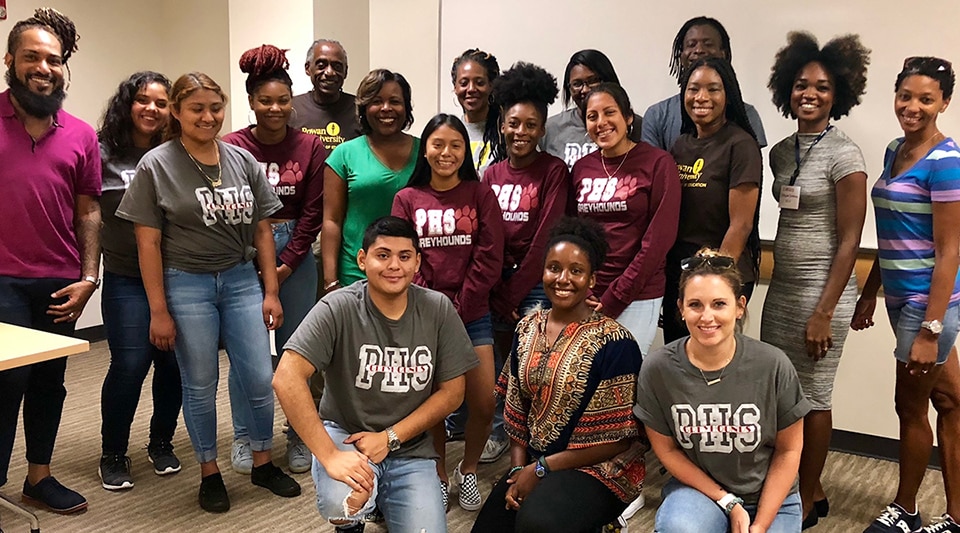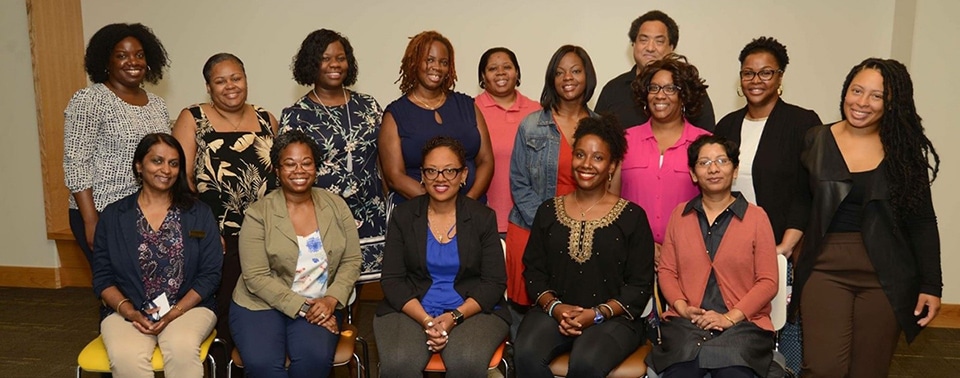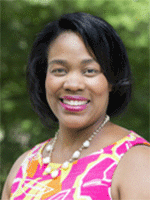29 Aug2018
By Jacqueline E. King, Ph.D.
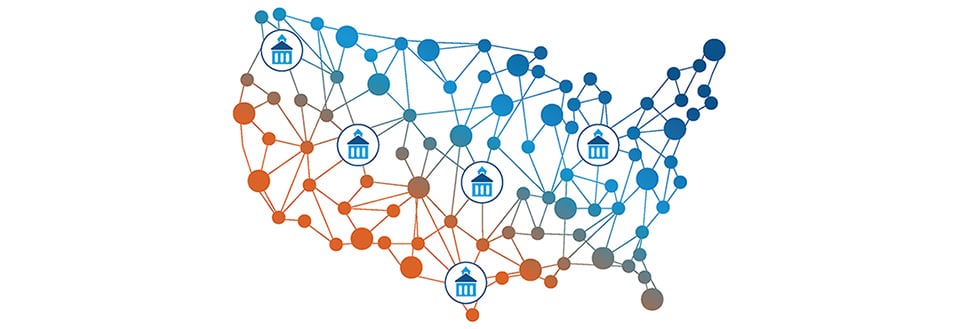
Join AACTE for two members-only webinars detailing the findings of its newest report Colleges of Education: A National Portrait, released August 9. The research highlights key issues affecting the colleges, schools, departments, and programs that prepare teachers, school administrators, and a wide array of other education professionals. As the National Portrait author, I will present on two key issues highlighted in the report—enrollment/degree and student diversity trends:
09 Aug2018
By AACTE
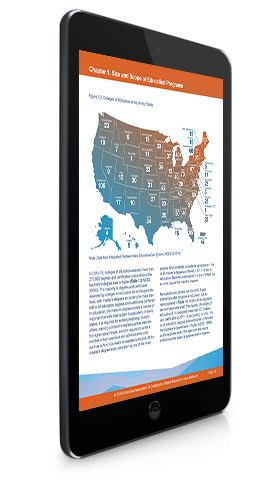
(August 9, 2018, Washington, D.C.) – Colleges of Education: A National Portrait, a report released today by the American Association of Colleges for Teacher Education (AACTE), provides a comprehensive picture of the nation’s schools, colleges and departments of education: the work that they do, the people who do that work and the students they serve.
Because teacher preparation is so important to society and central to the work of most colleges of education, the report describes in detail the key trends and challenges in meeting the nation’s need for profession-ready teachers. It also portrays the full spectrum of undergraduate and graduate programs, research and service that are in the broader portfolio of colleges of education.
07 Aug2018
By Benita Kluttz-Drye
Holmes Scholars Carlos Richardson, Benita Kluttz-Drye, Dana Dunwoody, Natoya Coleman, Evandra Catherine, and Hope Barnes join members of the Rowan Urban Teacher Academy, along with Rowan University Dean Monika Shealey (in green).
Several AACTE Holmes Scholars took time out from their intense schedule during the AACTE Holmes Dissertation Retreat and Research Symposium, July 26-28 at Rowan University in Glassboro, New Jersey, to speak with students from the Rowan Urban Teacher Academy.
The academy serves students in 10th, 11th, or 12th grade who are interested in learning more about becoming teachers. The purpose of the 10-day program is to create a pipeline into the education profession for high school students from urban areas, hoping that students exposed to the field of education will consider returning to teach in urban schools. As part of the academy’s training and exposure, students tour the campus of the university.
07 Aug2018
By Seema Mahato
Participants at the AACTE Holmes Dissertation Retreat and Research Symposium, July 26-28, 2018, Rowan University
As I reflect on the 2018 Holmes Dissertation Retreat and Research Symposium, one word strikes me repeatedly – timely. As a doctoral candidate in research methods and evaluation, I am currently finalizing the blueprint of my dissertation. The past 3 years in my program have been an exciting mix of academic and cocurricular activities where I have learned how the theory works. Now, in the final phase of my dissertation, it is time to transform the knowledge and competencies I acquired thus far into credentials–i.e., get my degree.
The sessions in the July retreat at Rowan University (NJ) were just what was needed to “move the needle” on my dissertation gauge. Thoughtful sessions not only provided us with resources for continuing and finishing our doctoral work, but also brought invaluable insights on how to expand our scholarly endeavors beyond graduation.
06 Aug2018
By Kristin McCabe
AACTE and member institution Boston University (MA) are delighted to announce a pilot expansion of the AACTE Holmes Program in a new postdoctoral fellowship. The Holmes Postdoctoral Program in Education and Human Development welcomes its first two associates to the Boston University Wheelock College of Education and Human Development this fall for a 2-year residency.
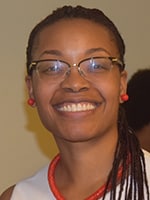
Jeana E. Morrison, who earned her Ph.D. in educational leadership development and learning technologies from Drexel University (PA), studies the postsecondary experiences of underrepresented students and the policies that affect their success.
03 Aug2018
By Jacqueline E. King, Ph.D.

On Thursday, August 9, AACTE will release Colleges of Education: A National Portrait. This report, an exclusive AACTE member benefit, provides a comprehensive picture of U.S. colleges of education: the work that they do, the people who do that work, and the students they serve. Because teacher preparation is so important, it describes in detail the key trends and challenges in meeting the nation’s need for highly skilled teachers. The report also portrays the full spectrum of undergraduate and graduate programs, research, and service that occur within schools, colleges, and departments of education.
Beginning August 9 at 5:00 p.m. EDT, you will be able to download the free executive summary (available to the public) and the complete 70-page report (for AACTE members only.) The full report will be a valuable reference document for anyone needing to understand the history and current state of colleges or education or to benchmark their own college or program against national trends.
31 Jul2018
By Kristin McCabe
After successfully completing its original 3-year term as editorial host of the Journal of Teacher Education (JTE), Michigan State University (MSU) this month began work under a renewed contract for editing the highly ranked journal through 2021.
As of July 1, the coeditors are Tonya Bartell, Dorinda Carter Andrews, Robert Floden, and Gail Richmond, all from MSU. Associate editors include Jeff Bale, University of Toronto, Canada; Christine Cho, Nipissing University, Canada; Corey Drake, MSU; Nathan Jones, Boston University (MA); Emery Petchauer, MSU; and Cinthia Salinas, University of Texas, Austin. The team is further supported by MSU Assistant Editor Maribel Santiago and Graduate Assistants Eliana Castro and Mary Neville.
30 Jul2018
By Kristin McCabe

Have you seen the JTE Insider blog managed by the Journal of Teacher Education (JTE) editorial team at Michigan State University? This blog is available to the public, and AACTE members have free access to the articles themselves in the full JTE archives online–just log in with your AACTE profile here.
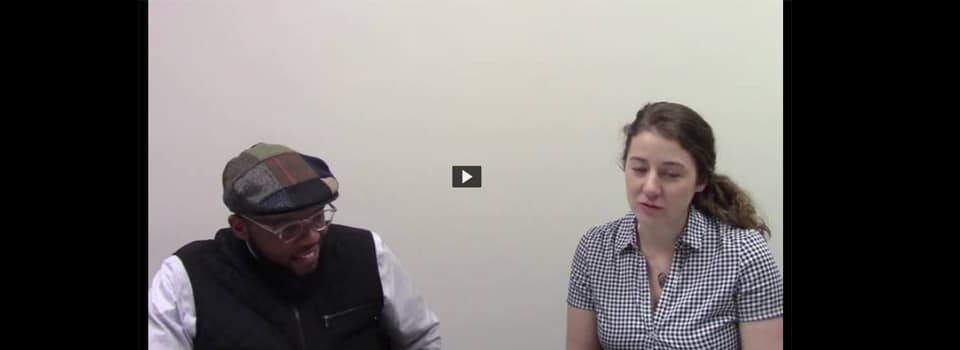
Chezare Warren, assistant professor at Michigan State University, received AACTE’s Outstanding Dissertation Award in 2014 for his study Empathic Interaction: White Female Teachers and Their Black Male Students, which was completed in 2012 at the University of Illinois at Chicago. (Reminder: AACTE is seeking submissions for the 2019 Outstanding Dissertation Award now through August 20.)
27 Jul2018
By Jerry Stephens

After a year marked by some of the deadliest school shootings in U.S. history, parents are more concerned than ever about the safety of their children, according to a special school security survey conducted as part of this year’s PDK Poll of the Public’s Attitudes Toward the Public Schools.
Public opinion on arming teachers is divided, and confidence in schools’ security against attacks is waning. Two thirds of parents with children in public school said they would rather not have their child in a classroom with an armed teacher; that number jumps to 80% of Black and Hispanic parents. But when asked if they support arming teachers who are also provided 80 hours of intensive training and support, parents are evenly split.
24 Jul2018
By Amanda Lester and Kristin McCabe
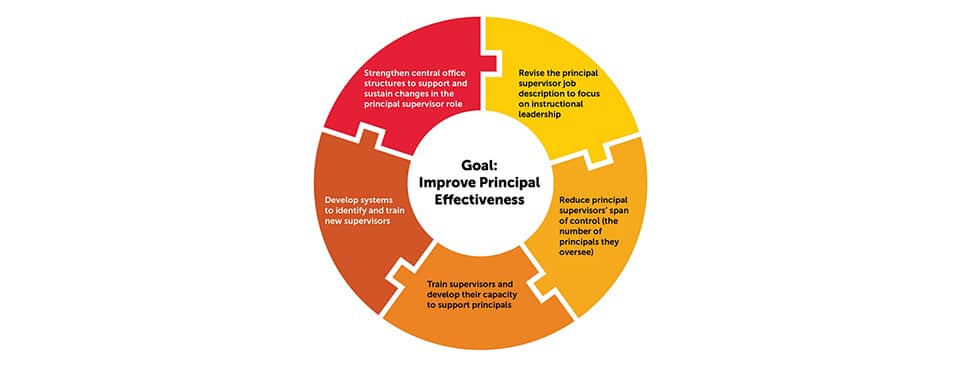
A new study of The Wallace Foundation’s Principal Supervisor Initiative (PSI) identifies successful ways for principal supervisors’ jobs to be refocused to more effectively support principals’ instructional leadership.
Typically, principal supervisors in large, urban districts are assigned to oversee too many principals, in addition to numerous district tasks, to be able to have an impact on principals’ effectiveness as educational leaders. The PSI aimed to improve this situation by addressing five core components: (a) revising supervisors’ job description to focus on instructional leadership, (b) reducing the number of principals in each supervisor’s case load, (c) developing supervisors’ capacity so support principals, (d) developing systems to identify and train new supervisors, and (e) strengthening central office structures to support and sustain these changes.
17 Jul2018
By Jerrica Thurman

AACTE is excited to share the confirmed list of presenters for the AACTE 2018 Holmes Dissertation Retreat & Research Symposium, July 26-28 at Rowan University in Glassboro, New Jersey. The 2½-day event will offer expert-facilitated, interactive sessions for Holmes Scholars and other graduate students to receive the latest strategies and best practices for their research and dissertation work.
| SESSION TITLE |
PRESENTER |
Welcome |
Lynn M. Gangone, AACTE
Monika Shealey, Rowan University
Wanda J. Blanchett, Rutgers University New Brunswick
Janeula Burt, Bowie State University
Dana Dunwoody, Boston University |
17 Jul2018
By Jacqueline E. King, Ph.D.

On August 9, AACTE will release Colleges of Education: A National Portrait, a major new report that provides a comprehensive picture of today’s schools, colleges, and departments of education: the work they do, the people who do that work, and the students they serve.
AACTE produced this report to describe the many ways that its members contribute to U.S. education and to outline some of the challenges they face. The report also provides a wealth of information that colleges of education can use for benchmarking their work. Below are just a few of the report’s many findings:
16 Jul2018
By JTE Insider

Have you seen the JTE Insider blog managed by the Journal of Teacher Education (JTE) editorial team at Michigan State University? Check out the following interview with the authors of a recent article. This blog is available to the public, and AACTE members have free access to the articles themselves in the full JTE archives online–just log in with your AACTE profile here.
The following interview features insights from the authors of the article “Loving Out Loud: Community Mentors, Teacher Candidates, and Transformational Learning Through a Pedagogy of Care and Connection,” published in the March/April 2018 issue of JTE. The article is written by Ball State University (IN) faculty members Eva Zygmunt, Kristin Cipollone, Susan Tancock, Jon Clausen, Patricia Clark, and Winnie Mucherah, and is summarized in the following abstract:
10 Jul2018
By Janeula Burt

Please get me through the academic year … and I promise that I will write my dissertation during the summer! is a common refrain among doctoral students who are in the throes of their dissertation work. It seems there is not a single doctoral student or candidate who hasn’t bargained with the “dissertation gods” to finish their dissertation research.
Well, summer is here! Sadly, we are already halfway through the academic break, and soon you’ll have to face the questions: How many pages have you written? How many chapters are completed? How tight is your methodology? Have you exhausted the literature? Are your research questions appropriate? Is your dissertation research IRB-worthy? Are you currently on your dissertation committee’s radar? Have you done everything that you need to do in order to graduate in the fall or spring?
19 Jun2018
By Shelley B. Wepner and William Henk
What factors contribute most to the longevity of education deans in their positions? Are there optimal lengths of time for these academic administrators to stay in their roles, and if so, how long and why? What are the personal and professional benefits or downsides of remaining in the role of education dean for an extended period?
These questions are among those emerging from a national survey on deans’ ways of thinking, being, and acting that revealed generally limited lengths of service in the deanship. The survey results have inspired a new line of research on factors contributing to deans’ longevity in the role, which may be important for critical initiatives to have a viable lifespan and for deans and their stakeholders to continue to be gratified.









